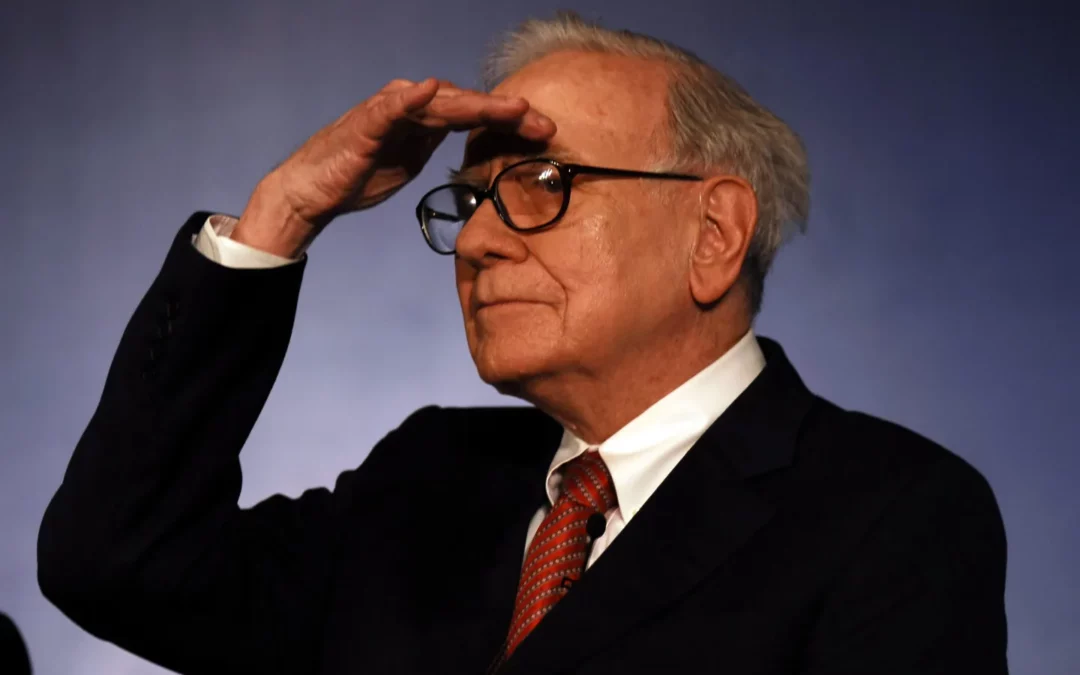Warren Buffet, “The Oracle of Omaha,” finally retired as chairman of Berkshire Hathaway. He was an avowed capitalist and someone who invested more wisely and more profitably than anyone else in the last 50 years. In 1964, if you had invested $100.00 with him when he started Berkshire Hathaway, you’d have over $2 million now. If you want one share of his company now, you’d have to pay $800,000.00. (You won’t find many day traders speculating on that stock!)
Buffett nevertheless has pointed to many ways in which today’s “capitalists” act legally but not ethically.
In this May 7, 20205 podcast by the New York Times, Michael Barbaro interviews Aaron Sorkin of New York Times, and Sorkin identifies the ways in which today’s ultra rich billionaire businesspeople are failing to do the right thing. The episode is titled, “What Warren Buffet Understood About Capitalism.”
https://www.nytimes.com/2025/05/07/podcasts/the-daily/warren-buffett-berskshire-hathaway.html
Buffet makes several points about the freewheeling marketeers that consider themselves “good capitalists,” and these are below, but he also has pointedly said that billionaires need to pay more in taxes. He often says that his secretary’s tax rate is significantly higher than his.
https://finance.yahoo.com/news/warren-buffett-wants-higher-taxes-182425932.html
So, Buffet and Bernie seem to agree; we need to tax billionaires more. But Buffet’s fellow billionaires are libertarians in their outlook, and as readers of PLBW already know, most libertarians regard taxes as theft, and deny that public goods have any value in creating the good society. If you want a good society, they say, end regulations and taxes altogether (except for defense spending, courts, and police), and if you want health care or education, just pay for it.
- Short-termism gone wild. Too many “capitalists” don’t think long term. Buffett likens American capitalism to a “cathedral with a casino attached.” The cathedral represents the foundational, productive, and long-term aspects of capitalism-building real businesses, infrastructure, and value for society. The casino symbolizes the speculative, short-term, and often reckless side of modern markets, where financial engineering and quick profits overshadow genuine value creation. Similarly, he is critical of the current tendency stock price manipulation over the long-term health and value of companies. He believes this shift undermines the true purpose of capitalism, which is to allocate capital wisely and build sustainable businesses over decades, not just quarters.
- Other people’s money. Where past industrialists risked their own capital to build lasting enterprises, many now focus on leveraging “other people’s money” for personal gain. This, he argues, has led to increased risk-taking, misaligned incentives, and a detachment from the real economy.
- Self-dealing. Buffet has been critical of the self-dealing that has become common in corporate America and has personally avoided practices-like excessive pay and stock options-that can erode trust and distort incentives.
- The myth of market solutions for all things. While he praises capitalism’s record in the U.S., Buffett acknowledges its limits and the need for humility: “We are not in the business of trying to solve unsolvable problems.” He recognizes that capitalism alone cannot address every societal challenge and cautions against overreach or hubris.
The fervent belief among many in business that society works best when everyone maximizes their own wealth is not only legal, but prevalent. Warren Buffet is a great investor and a fervent capitalist, and would caution that short termism, shunning taxes, self-dealing, and risking other people’s money is the wrong way to build long term value, both for investors and for the public good.
